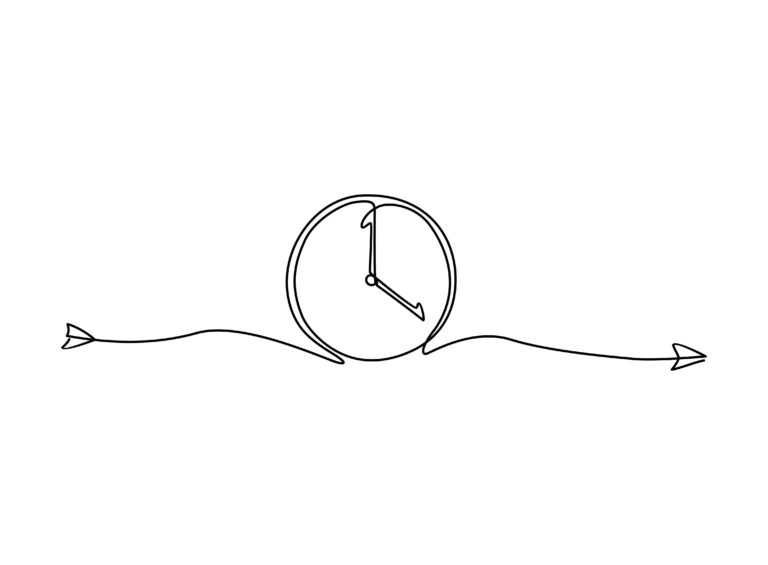Acupuncture is an ancient practice that has been used for thousands of years to treat a variety of physical and mental ailments. While it is commonly known for its pain-relieving benefits, recent studies have shown that acupuncture may also have a potential role in maintaining cognitive health.
What is Acupuncture?
Acupuncture is a form of traditional Chinese medicine that involves the insertion of thin needles into specific points on the body. These points, called acupoints, are believed to be connected by pathways, or meridians, through which energy flows. By stimulating these points, acupuncture is thought to restore the balance and flow of energy, also known as qi, throughout the body.
Acupuncture and Cognitive Health
Cognitive health refers to our ability to think, learn, remember, and make decisions. As we age, our cognitive abilities naturally decline, and we may experience memory loss, difficulty concentrating, and other cognitive impairments. However, research has shown that regular acupuncture treatments may have a positive impact on cognitive health maintenance.
One study published in the Journal of Neuroinflammation found that acupuncture was able to reduce inflammation in the brain, which is linked to cognitive decline and diseases such as Alzheimer’s and dementia. The researchers also noted an increase in the production of certain proteins that promote brain cell growth and protect against brain damage.
Additionally, acupuncture has been found to increase the release of endorphins, our body’s natural painkillers, and serotonin, a neurotransmitter that plays a role in mood regulation. These chemicals not only help with pain relief but also have a positive effect on cognitive function and overall well-being.
Acupuncture has also been found to improve blood flow in the brain. By increasing circulation and oxygen supply to the brain, acupuncture can help nourish brain cells and improve their function.
Furthermore, acupuncture has been shown to reduce stress and anxiety levels. Chronic stress can have a negative impact on cognitive health, as it can lead to inflammation and damage to brain cells. By promoting relaxation and reducing stress, acupuncture may help protect against cognitive decline.
Acupuncture for Specific Cognitive Conditions
While acupuncture has shown promising results in maintaining overall cognitive health, it has also been found to be beneficial for specific conditions such as Parkinson’s disease and post-stroke cognitive impairment.
Parkinson’s disease is a neurodegenerative disorder that affects movement and can also lead to cognitive impairments. A study published in the Journal of Alternative and Complementary Medicine found that acupuncture was able to improve cognitive function in patients with Parkinson’s disease, specifically in the areas of attention, memory, and executive function.
Similarly, post-stroke cognitive impairment is a common complication after a stroke, affecting about one-third of stroke survivors. Acupuncture has been found to improve cognitive function in stroke patients by increasing blood flow to the affected areas of the brain and promoting the growth of new brain cells.
While more research is needed, these studies suggest that acupuncture may have a potential role in managing and improving cognitive function in individuals with specific conditions.
Safety and Effectiveness of Acupuncture
One of the benefits of acupuncture is its low risk of adverse effects compared to other treatment options. The needles used in acupuncture are very thin and typically do not cause any pain. In some cases, minor bruising or bleeding may occur at the site of the needle insertion, but this is rare.
Acupuncture is also generally well-tolerated by most people. However, it is important to consult with a licensed acupuncturist who has proper training and experience to ensure safety and effectiveness.
In Conclusion
Acupuncture, an ancient practice rooted in traditional Chinese medicine, may have a potential role in maintaining cognitive health. Through its ability to reduce inflammation, increase blood flow, and promote relaxation, acupuncture can help support brain function and potentially protect against age-related cognitive decline and specific conditions such as Parkinson’s disease and post-stroke cognitive impairment.
While more research is needed to fully understand the mechanisms behind acupuncture’s effects on cognitive health, its low risk of adverse effects and potential benefits make it a promising treatment option. If you are interested in incorporating acupuncture into your healthcare routine, be sure to consult with a licensed acupuncturist to ensure safety and effectiveness.





